Stay informed on the latest psychology and neuroscience research—follow PsyPost on LinkedIn for daily updates and insights. A new study published in The Canadian Journal of Psychiatry suggests that individuals …
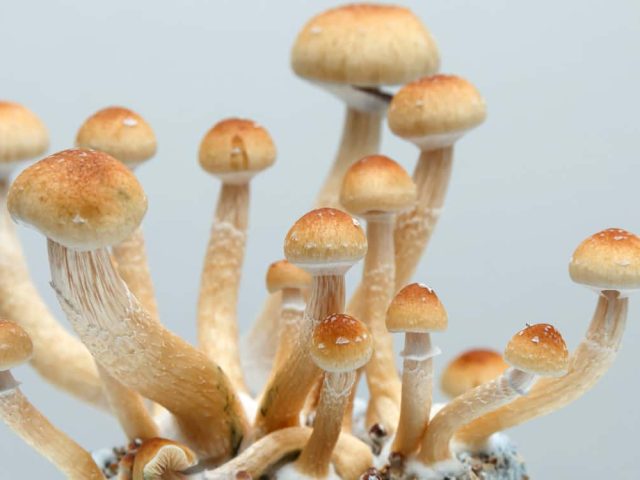 Psychopharmacology
PsychopharmacologyPsilocybin therapy shows similar benefits for patients with and without recent antidepressant use
 Psychopharmacology
PsychopharmacologyPsychedelic experiences can both cause and resolve spiritual struggles, study suggests
A new study published in Psychology of Religion and Spirituality explores how psychedelic experiences relate to people’s spiritual struggles. Some participants associated their experiences with a sense of spiritual growth, …
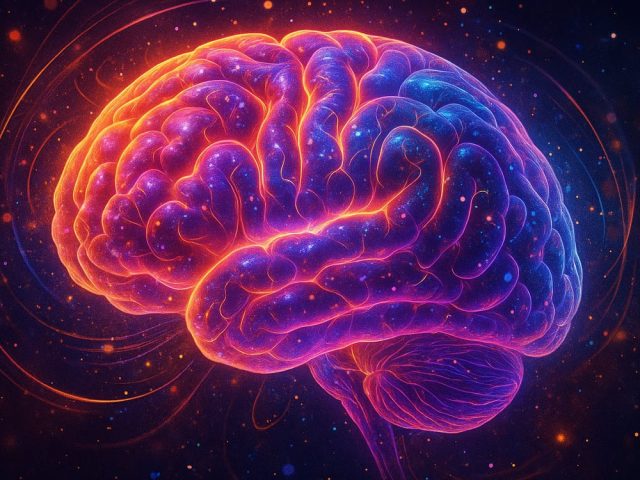 Psychopharmacology
PsychopharmacologyCommon sleep aid blocks brain inflammation and tau buildup in Alzheimer’s model
A recent study published in Nature Neuroscience provides evidence that lemborexant, a medication used to treat insomnia, can reduce brain damage linked to Alzheimer’s disease in a mouse model. The …
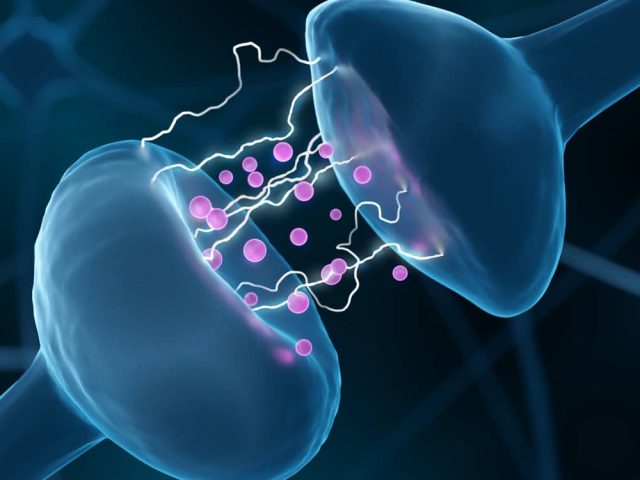 Psychopharmacology
PsychopharmacologyFlipping two atoms in LSD turned it into a powerful treatment for damaged brain circuits
Scientists at the University of California, Davis have developed a new drug related to LSD that retains the psychedelic’s beneficial brain effects while minimizing the hallucinogenic experience. The compound, called …
 Psychopharmacology
PsychopharmacologyScientists map how alcohol changes bodily sensations
A new study published in the Journal of Psychopharmacology offers insight into how alcohol changes our internal bodily experience — and why that might matter for understanding addiction. People who …
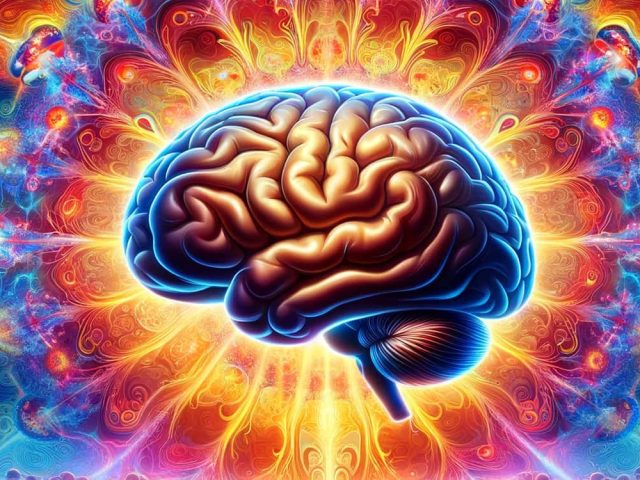 Psychopharmacology
PsychopharmacologySingle-dose psilocybin therapy shows promise for reducing alcohol consumption
A new study published in the Journal of Psychopharmacology suggests that a single high dose of psilocybin, combined with psychological support, can lead to reductions in alcohol use among people …
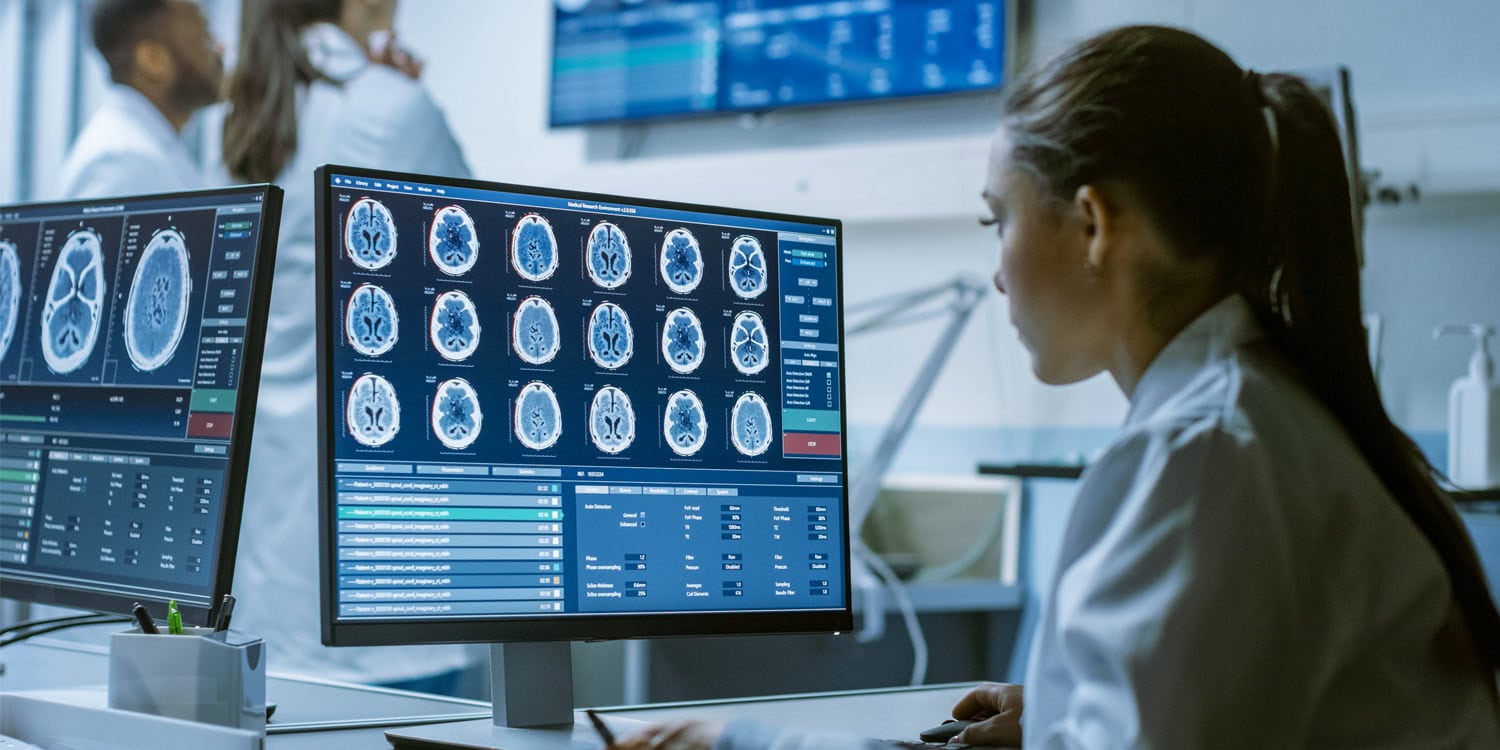 Neuroscience
NeuroscienceSocioeconomic background tied to distinct brain and behavioral patterns
A new study published in Nature Neuroscience suggests that different aspects of socioeconomic status are associated with distinct patterns of brain structure, connectivity, and behavior—and these associations can vary depending …